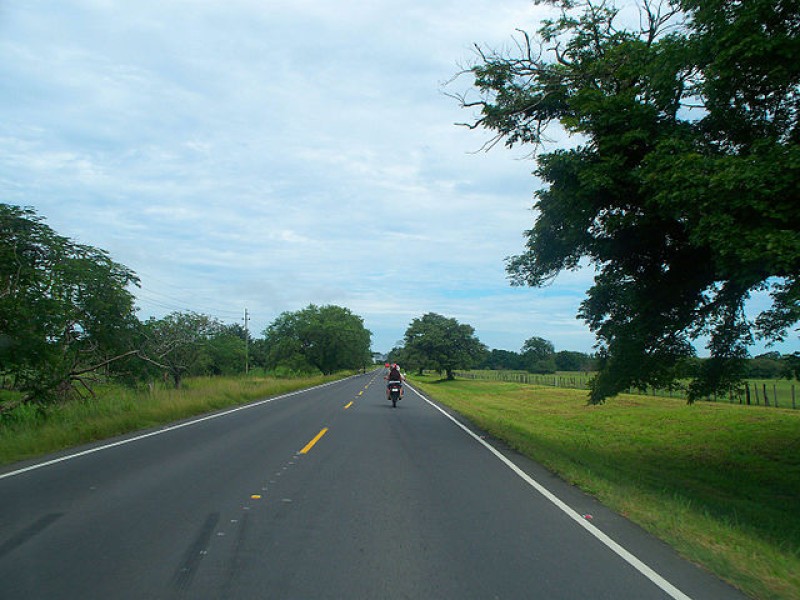A sweeping investigation last month revealed a massive kickback scheme involving public works officials, several of the country’s largest construction companies, and even a close advisor of the President.
Over at least two years, senior businessmen from multiple mega-construction companies allegedly bribed National Highway Council officials with money, physical assets, travel and other favors so that they would be more likely awarded public works contracts. The scheme created an estimated budget deficit of US$127 million between 2018 and 2020.
If the bill is passed, individuals or companies subject to any judicial investigations would be ineligible to participate in contractor selection procedures, effectively barring them from the chance to win a lucrative government contract for highways, public works and infrastructure construction.
President Carlos Alvarado Quesada announced his support for the new bill, tweeting that “it is vital that new contracts are awarded only to suitable contractors, through transparent processes.”
The bill is one of several steps that the National Highway Council’s Board of Directors are pursuing in the wake of the judicial investigation into public contracting procedures. The National Highway Council had already decided not to sign or extend infrastructure contracts with H. Solís, one of the companies implicated in the bribery scandal, last week.
Costa Rica ranks 42nd out of 180 countries in Transparency International’s 2020 Corruption Perceptions Index, behind Chile which measures perceived levels of corruption in the public sector. Because of its continued economic success and political stability, it’s also long been seen as one of the Latin American countries most capable of handling corruption.
The most recent bribery scandal puts the government's anti-corruption efforts to the test.






